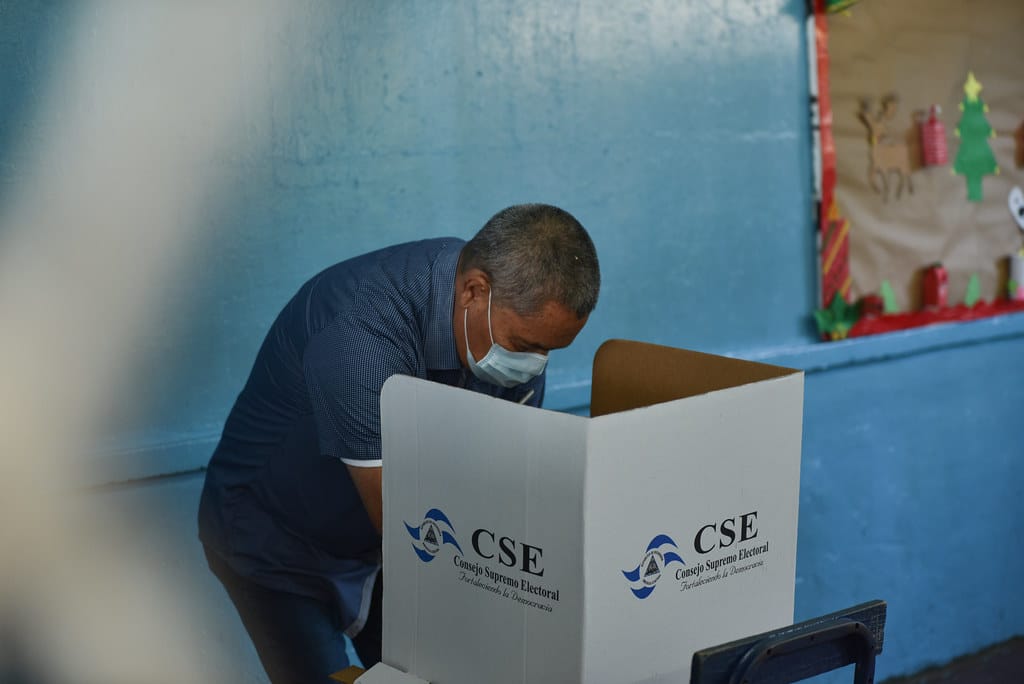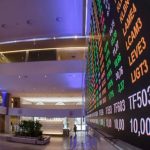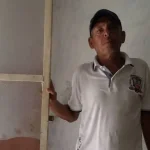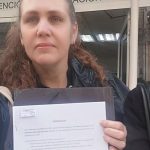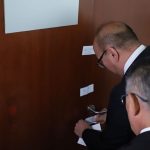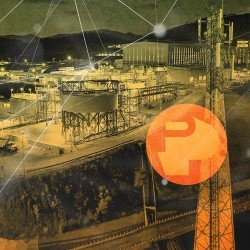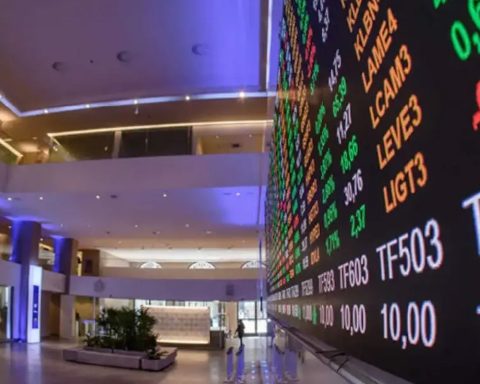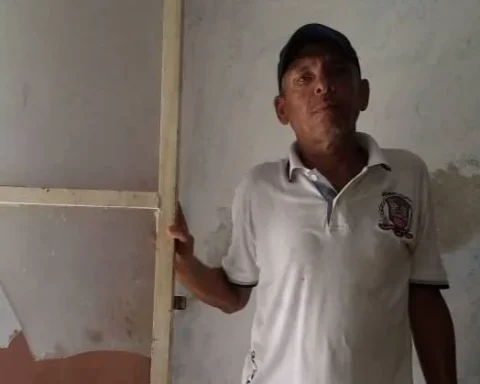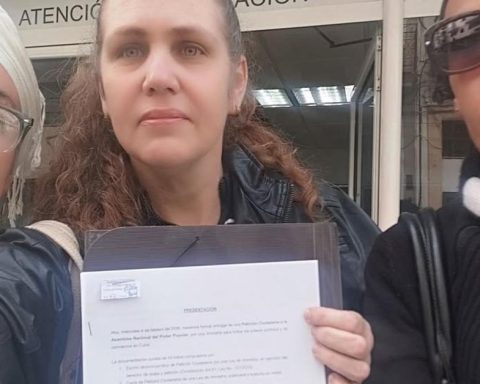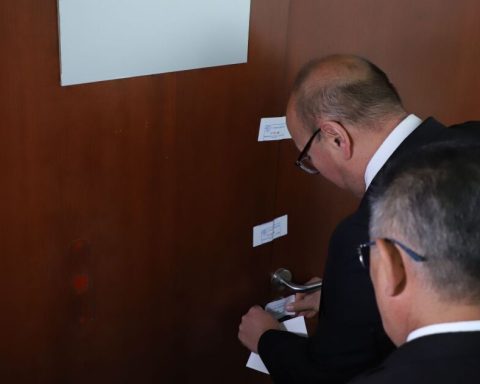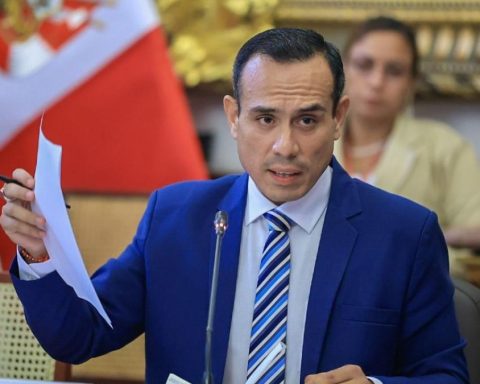Without a public call and when there are two and a half months to go before the municipal votes scheduled for November 6, the Supreme Electoral Council (CSE) sent this Monday, August 15, to the collaborationist political parties a draft electoral calendarin which tiny terms are established for the formation of electoral alliances, eliminates the citizen verification process and establishes an electoral campaign of 20 days.
Observations on the electoral calendar project must be made this Tuesday, August 16, and on Thursday, August 18, it will be published in La Gaceta. The next day, the registration of the electoral alliances is scheduled and four days later, the CSE will publish the location of each party or alliance on the electoral ballot.
This Tuesday, August 16, the call for municipal elections was also published in La Gaceta, the official newspaper, in which the secretary of actions of the CSE, Luis Alfonso Luna Raudez, indicates to the political parties that the Electoral Power is “in session permanent until the end of the electoral process.
Meanwhile, the list of candidates for mayors, deputy mayors and councilors in the country’s 153 municipalities must be presented on September 6 by the political parties and published by the CSE on September 22.
The presentation of short lists for the Departmental and Regional Electoral Councils will take place between August 26 and 31, so they will be in position of office as of September 7. Likewise, the Municipal Electoral Councils will be in possession of their position no later than September 21.
The political parties will also have a single day to study the electoral ethics regulations, which will be sent to them on September 8 and they must respond the following day. The final document will be published in La Gaceta on September 12.
Eliminate citizen verification
Regarding the electoral roll, the draft calendar does not mention anywhere the citizen verification process, which had been carried out in previous electoral processes in order to purge the roll and contribute to the transparency of the process.
The calendar project only mentions that the last day to make a change of address is September 7, since that same day the list for voting in November closes. Fifteen days later, on September 22, the CSE will deliver to the parties the definitive register and the electoral cartography.
In that same order, the Electoral Power establishes that the electoral campaign must begin on October 12 and end on November 1. Initiating then a period of four days of electoral silence.
Once the voting process on November 6 is over, the CSE has until November 14 to publish the provisional results of the vote count.
The establishment of an express process
In the run-up to the electoral call, the National Assembly, controlled by the ruling party, approved a reform to the Electoral Law in which it established an express electoral process. The Electoral Power is controlled by the government party, the Police —the main repressive body of the regime— is the one who authorizes political rallies, electoral observation is null and those who could aspire to positions of popular election remain deprived of liberty.
With the electoral reform of last May, the electoral campaign period was reduced from 42 to 20 days, in the case of municipal votes, and 30 days for presidential elections. According to the Special Commission of a Constitutional Character —created to consult the initiative— “the simplification of deadlines” is a measure “coherent with the preservation of the environment”. However, this situation limits the opportunities for citizens to “supervise and fully participate,” pointed out the citizen observatory of Urnas Abiertas.
In addition, the number of voters per Vote Receiving Board (JRV) was increased, going from 400 to 600 voters. Such a situation was justified by the deputies because supposedly “it will allow the State of Nicaragua and the political parties to reduce the costs of operation and organization during the electoral processes in general.”
For the next municipal votes, a reissue of the “2021 electoral farce” is expected, since they will take place a year after the Ortega-Murillo binomial was re-elected without political competition, after imprisoning and sentencing for crimes of “conspiracy” and ” money laundering” seven presidential hopefuls and some forty opposition leaders, who were emerging as his main rivals at the polls.
The opposition is disjointed due to the resurgence of repression. More than 190 people remain in prison for political reasons and in the last year there was another wave of migration for political or economic reasons.
Elections in a context of repression
The new electoral appointment will take place in a context of repression extended to the territories of the interior of the country, the massive closure of non-profit organizations and the military takeover of five city halls that were administered by the opposition party Citizens for Freedom (CxL) , one year after being stripped of its legal status.
The regime of Daniel Ortega and Rosario Murillo assaulted, on July 4, the mayor’s offices of San Sebastián de Yalí and El Cuá, in Jinotega; Murra, in Nueva Segovia; and El Almendro, in Río San Juan. Two days earlier, he had taken over the mayor’s office of Santa María de Pantasma, in Jinotega.
The mayors Oscar Gadea, from Santa María de Pantasma; Isidro Irías, from El Cuá; Noel Moreno, from San Sebastián de Yalí; Francisco Herrera, from Murra, and Reynaldo Galeano, from El Almendro, who were elected in the municipal elections of 2017 ended up being dismissed by the Nicaraguan Institute for Municipal Development (Inifom).
In this municipal period that is about to end, the mayoralties of Mulukukú, in the North Caribbean Coast Autonomous Region (RACCN) and Wiwilí, in Jinotega, were also taken by force; which were administered by the Constitutionalist Liberal Party (PLC). In both cases, the mayors, Apolonio Fargas and Reyna Hernández, were forced into exile due to political persecution by the regime.
